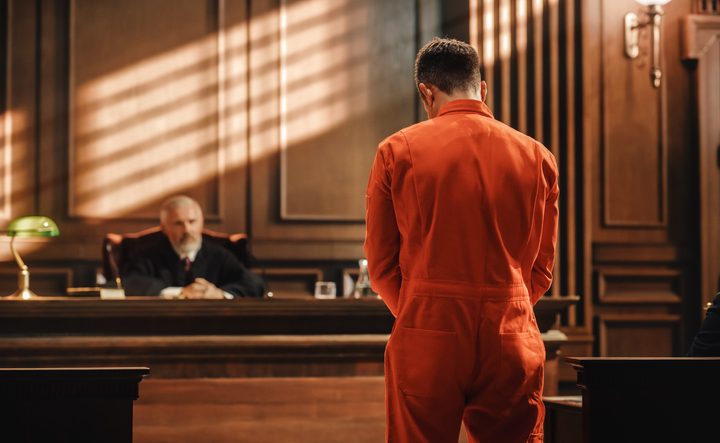When you hear the terms “misdemeanor” and “felony,” you probably think of them simply as “less serious” and “more serious” crimes. While that’s broadly correct, the distinction is far more important than most people realize. These categories can determine not only the penalties you face but also how a conviction can affect your future long after the sentence is served.
Understanding these differences — and the stakes involved — is essential if you or someone you care about is facing criminal charges.
What Is a Misdemeanor?
A misdemeanor is generally considered a less serious criminal offense, but don’t be fooled by the term “minor.” Misdemeanors can still carry serious consequences, including fines, probation, community service, and even jail time. In most states, misdemeanor convictions result in up to one year in county or local jail rather than state prison.
Common examples of misdemeanors include:
- Simple assault
- Shoplifting or petty theft
- Trespassing
- Disorderly conduct
- First-time DUI/DWI
While a misdemeanor may not seem life-altering at first glance, it can still show up on a background check, making it harder to find work, rent an apartment, or obtain professional licenses.
For a more detailed breakdown of how misdemeanors are categorized by state, the National Center for State Courts provides helpful resources.
What Is a Felony?
Felonies are the most serious criminal offenses, typically punishable by more than one year in state or federal prison. These crimes often carry significant fines and long-term supervision, such as parole.
Examples of felonies include:
- Murder and manslaughter
- Burglary and armed robbery
- Drug trafficking
- Aggravated assault
- Fraud involving large sums of money
A felony conviction can follow you for life. In many states, convicted felons lose certain civil rights, such as the right to vote, serve on a jury, or possess firearms. Some professions — including law, education, and healthcare — may bar individuals with felony convictions from practicing.
The U.S. Department of Justice outlines federal felony classifications and their sentencing guidelines, which can differ from state laws.
Wobblers: The In-Between Offenses
Some crimes can be charged as either a misdemeanor or a felony depending on the circumstances and prosecutorial discretion. These are often called “wobblers.” Factors that influence how a wobbler is charged include:
- The severity of the alleged crime
- Whether a weapon was used
- The defendant’s prior criminal record
- The presence of any aggravating factors
An example is certain types of assault or theft — stealing $200 might be a misdemeanor, but stealing $2,000 could be a felony. Prosecutors may also reduce a felony to a misdemeanor as part of a plea deal.
The American Bar Association notes that in many jurisdictions, effective legal advocacy can make the difference in how a wobbler is charged.
Why the Difference Matters
The label “misdemeanor” or “felony” is more than a legal technicality — it can shape your life for years.
- Employment: Many employers run criminal background checks, and a felony conviction can severely limit job opportunities.
- Housing: Landlords may refuse to rent to applicants with certain criminal records.
- Licensing: Some professional licenses may be denied or revoked due to criminal history.
- Immigration: Non-citizens may face deportation or denial of citizenship.
Even a misdemeanor can be problematic if not handled properly. The sooner you understand the stakes, the sooner you can make informed decisions about your defense.
Taking Action Early
If you’ve been charged with a crime — whether misdemeanor or felony — the single most important step you can take is to secure experienced legal representation immediately. A skilled attorney can:
- Negotiate for reduced charges or alternative sentencing
- Protect your constitutional rights during investigation and trial
- Pursue expungement or record sealing where possible
If you or someone you love is facing criminal charges, working with an experienced lawyer, such as a criminal defense attorney in Bexar County, can make the difference between a life-changing conviction and a manageable legal outcome. The earlier you involve an attorney, the more options you have.
Protecting Your Future Starts with the Right Defense
The difference between a misdemeanor and a felony is not just about prison time — it’s about your future. Understanding the stakes, knowing your rights, and getting proper legal help can mean the difference between moving on and being held back for years to come.






